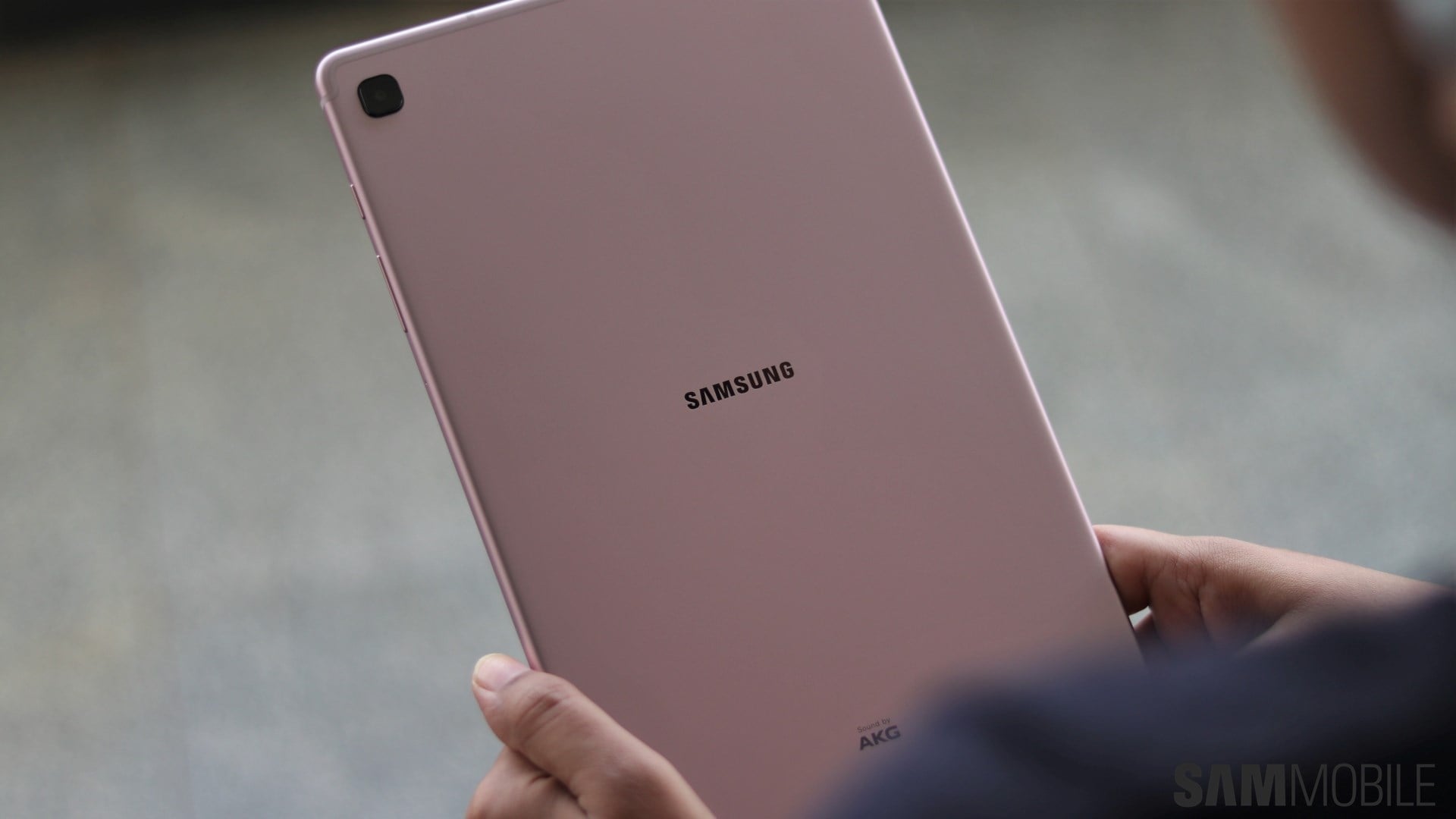Samsung is repurposing one of its older premium smartphone chips into the brains of a new budget tablet. Identified by model number SM-T575, the device in question is likely to launch under the Galaxy Tab A brand later this year. Its silicon of choice is the Exynos 9810 – the second chipset based on the 10nm LPP process node to emerge from Samsung's foundry. The said system-on-chip originally debuted inside the international variants of the Galaxy S9-series devices in early 2018 and was subsequently adopted by the Galaxy Note 9, as well as the Galaxy Xcover FieldPro and Galaxy Note 10 Lite.
As for the aforementioned tablet, it was recently sighted on Geekbench, with the benchmarking platform listing Android 10 and 4GB of RAM as part of its feature set. A separate certification belonging to a battery possibly bound for the SM-T575 suggests a 5,000mAh cell will be part of the package as well.
This is the sixth occasion of Samsung reusing the same chip
In hindsight, Samsung managed to get some pretty decent mileage out of the Exynos 9810, and that's without even accounting for the fact it's reusing the two-year-old system-on-chip once again. If we count the Galaxy S9 and Galaxy S9+ separately, the upcoming tablet will mark the sixth implementation of the SoC. While it seems the SM-T575 will serve as its swan song, it's not like anyone was realistically expecting the Exynos 9810 to have another 2020 cameo in the first place. While the chipset's Galaxy Xcover FieldPro application was in line with Samsung's established product practices, the same can't be said of the Galaxy Note 10 Lite. In fact, the very existence of the latter smartphone broke a number of the company's patterns.
Speaking of product conventions, the model number of the unannounced tablet is indicative of LTE capabilities. A potential Wi-Fi-only variant of the same slate might be called the SM-T570, going by how Samsung usually designates its consumer electronics. Following that same train of thought suggests the device will be part of the Galaxy A series instead of e.g. the successor to the Galaxy Tab S6 Lite. Speaking of which, this is shaping up to be a largely similar device in terms of raw processing power, though its battery capacity leaves something to be desired, being over 1,000mAh smaller compared to even the smallest (10.1-inch) tablets Samsung released in the last 12 months.

